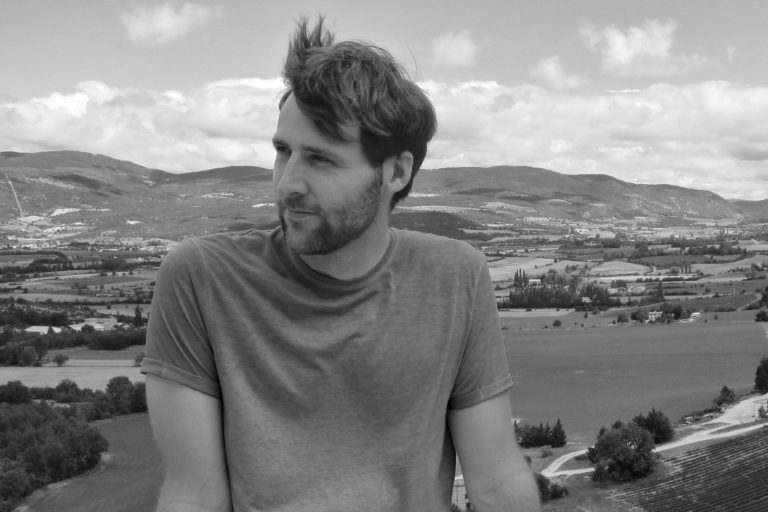
Born in Germany in 1981, I always had a great curiosity about different peoples and their cultures. But as I travelled the world and documented my journeys with photographs, I realised that I wanted to know more about the people I met along the way. I wasn’t satisfied with just scratching the surface, I wanted to dig deeper and decided to use my camera to tell stories about the people and the conditions under which they live.
My first such story takes place in Haiti. Often reduced to being ‘The poorest country in the western hemisphere’ by the news media, I wanted to know what life in Haiti is really like. What I found during my explorations was a place full of controversy: Haiti has beautiful landscapes, a rich cultural heritage and a fascinating history — in short, everything it would take to build a tourist industry — and yet it still remains a poor country with a host of complicated problems.
The sometimes well-intentioned solutions imposed on Haiti by the international community, have in-part, contributed to the situation that the country finds itself in today. Too frequently, Haiti had to bear the consequences of ill-conceived development and globalisation projects. This is particularly true for its rural people and impoverished city population. And yet precisely these people remain proud and self-confident and find ways to make their living amidst incredibly difficult circumstances. This is the story that ‘Of Pigs and Men’ wants to tell.
From experience, many people in Haiti are suspicious against foreigners taking pictures of them, fearing that it is, yet again, about the stereotypical portrayal of their caribbean home country as a place full of disaster and chaos. It thus was an important part of my work during my visit to Haiti to persuade the locals that such a one-sided depiction of their country was not my intention, but that I instead wanted to tell the positive story of the Haitian pig and how it gives (economic) independence to its owners.
Two people that were of great help in this respect were Gislet from the Mouvement Peyizan Bayonnais (MPB) and Sarah from the Mouvement Peyizan Papaye (MPP). Both are locally very well-connected and could provide me with important information on the issue and give me access to people and places that I otherwise wouldn‘t have been able to get to know. Thanks for your support in completing my project!
For feedback on the project or if interested in the pictures please contact me at contact@florianwiddel.com